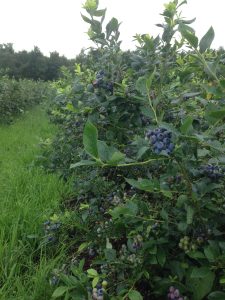
Bringing balance to blueberries: the power of nitrate and iodine
Supplying nitrate with iodine has been shown to deliver blueberry yield and quality improvements, says Katja Hora, SQM’s Research Manager.

Supplying nitrate with iodine has been shown to deliver blueberry yield and quality improvements, says Katja Hora, SQM’s Research Manager.
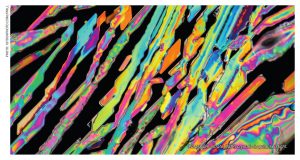
In this CRU Insight, Humphrey Knight assesses the key market factors driving high SOP pricing.
Recent developments show the Carbon Border Adjustment Mechanism (CBAM) remains active for fertilizers, but the European Commission proposes tariff reductions to offset import costs. Tariff suspension details The Commission will temporarily suspend remaining Most-Favoured-Nation (MFN) tariffs on ammonia, urea, and certain other fertilizers. Import tariffs from most-favoured nations stand at 6.5%, excluding higher staged tariffs […]
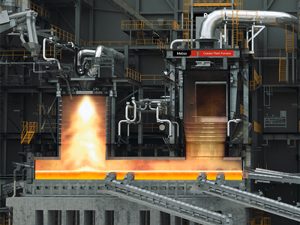
Metso - third part of order related to Almalyk MMC's copper smelter project booked - set to produce 1.8 million tpa of sulfuric acid

Nel ASA - investment decision to begin construction on up to 1 GW of production capacity
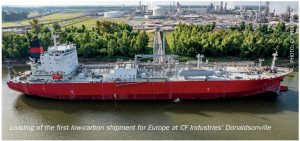
CF Industries has made its first shipment of certified low-carbon ammonia to Europe.

Irish MEPs have urged the European Commission to rethink its introduction of the carbon border adjustment mechanism (CBAM).
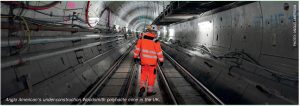
Anglo American and Teck Resources jointly announced a merger agreement on 9th September.

Could demand mandates help the build the market for green fertilizers – by placing mandatory purchasing requirements on large-scale end users?
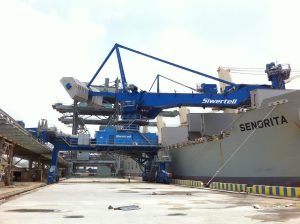
From ship to storage, Bruks Siwertell aims to ensure safe, reliable, high-capacity fertilizer transfers.